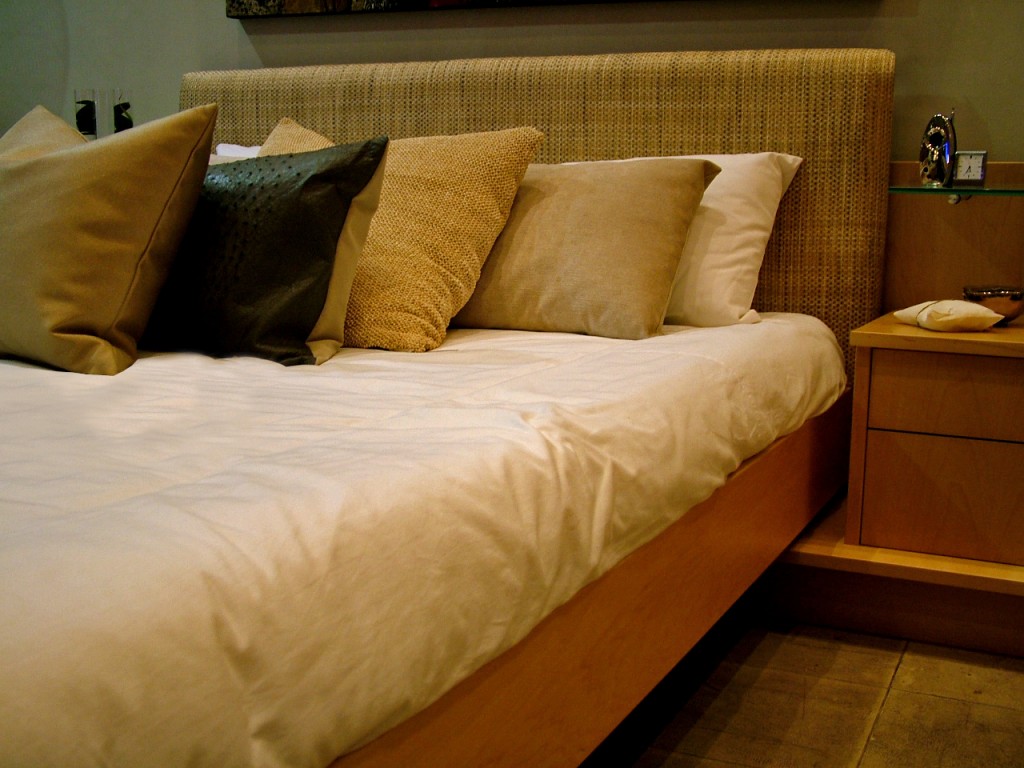Are you one of those people who have problems lifting the bed sheets in the morning? Do you usually arrive just in time for work at your office or commercial property? Some people may think you are just being plain lazy, but enjoying a lie-in, could actually be genetic.

The Nature Publishing Group conducted a survey of over 10,000 people in Europe. The participants provided a blood sample for DNA analysis, as well as being required to keep a report of how long they had slept each night. The findings were published in the Molecular Psychiatry, a scientific journal.
The results found that people with the gene, ‘ABCC9’ needed more than eight hours’ sleep a night, which is the national average. The gene in question is carried by approximately one in five people that participated in the study. The study also revealed that many people carrying the gene also took sleeping tablets when they were not required to go into work at a commercial property on the following day, ensuring they got a much needed lie-in.
Speaking of the findings, Dr Jim Wilson, from the Centre for Population Health Sciences, at the University of Edinburgh, expressed: “Humans sleep for approximately one-third of their lifetime. A tendency to sleep for longer or shorter periods often runs in families despite the fact that the amount of sleep people need can be influenced by age, latitude, season and circadian rhythms.”
The University is hoping that the results will open up new research studies in sleeping activities and help experts determine exactly how this gene impacts on peoples’ sleeping behaviour. “These insights into the biology of sleep will be important in unravelling the health effects of sleep behaviour,” Dr Wilson stated.
Neil Stanley, a sleep expert said that approximately six genes have already been linked to sleeping behaviour, as he put across: “It’s interesting to know about these genes, but in a way our genes are an irrelevance unless you were actually to obey them – but none of us do that.”
But it does raise the question as to how many of our genes do actually influence our body clock? Furthermore, should people with the particular gene be allowed to start work later and finish later as they may be less constructive in the office or commercial property in the morning?